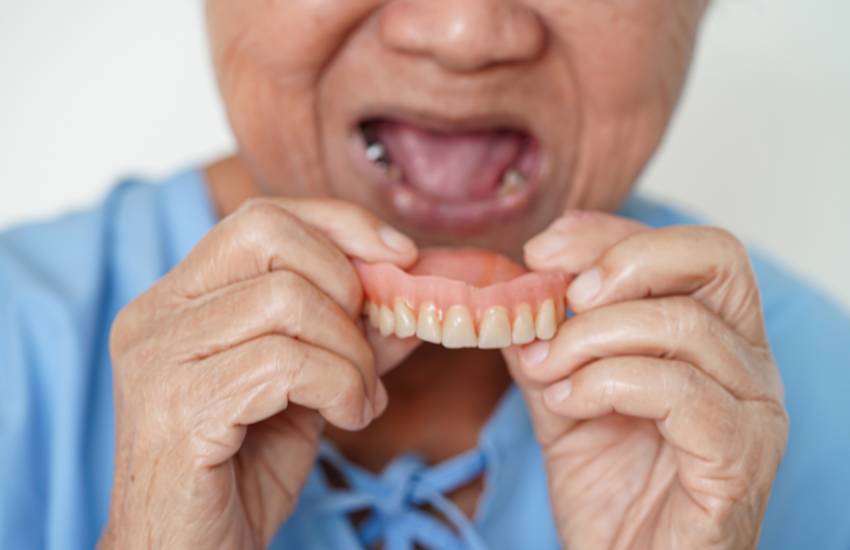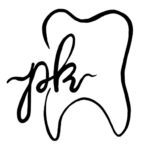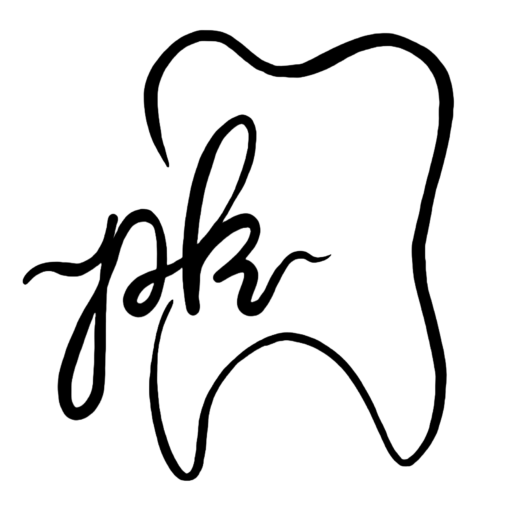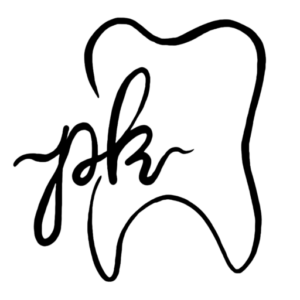Removable Dentures


Call Us Today
What are removable dentures?
Removable dentures, better known as false teeth, are prosthetic teeth made from material such as acrylic and metal, which fit over the gums and/or remaining teeth to give the appearance that the patient still has a full set of teeth. Dentures also help patients missing most of their teeth to chew food and speak normally. However, they may not bite as effectively as the patient’s own natural teeth.
Removable dentures are prosthetic works that replace some of the natural teeth which consist of metallic or aesthetic precision hooks (when it is a partial denture), or all our natural teeth (in the case of a total denture).
Dentures should be removed from the mouth to clean them and possibly while sleeping.
Types of Removable Dentures
1. Complete dentures – a full set of false teeth for either the upper or lower jaw, or both.
2. Partial dentures – removable replacements for just one or a few teeth.
Risks associated with Removable Dentures
In cases of bone absorption, resulting in shrinkage of the gums, there is a problem in their retention and stability
After placement, you will experience slight difficulty in speaking and chewing. Therefore you must have patience until you become accustomed to the denture.
Artificial dentures must be checked by the dentist at least once a year since they endure attrition. If any issues occur the dentist will correct or replace the denture.
Why get removable dentures?
Dentures become necessary if the patient has lost all or most of their natural teeth, or if the teeth that remain are in such a poor condition that they decide dentures would be the better option. They bring the following advantages:
Reduce problems with eating
Prevent problems with speaking
Improve the aesthetic appearance of the smile
May boost the patient’s confidence.
Benefits of Removable Dentures
Affordable cost
Quick and easy process
Strengthens the facial aesthetics
Restoration of chewing and speech
Life with removable dentures
Oral hygiene is extremely important – this includes brushing the gums and any remaining teeth the patient has. The dentures themselves should be cleaned twice a day, as with natural teeth, and should be brushed thoroughly with toothpaste or soap and water, and soaked in a fizzy solution of denture-cleaning tablets to remove bacteria and stains.
Eating can be difficult at first, and it is advisable to start with soft food cut into small pieces, gradually building back to a more complete diet. Chewing gum and other particularly sticky or hard food can cause problems.
It is important to follow the dentist’s instructions and contact them with any problems encountered with the removable dentures.
FAQs
Ans: Removable dentures are prosthetic devices designed to replace missing teeth. They can be easily taken out and reinserted by the wearer, offering a convenient solution for restoring your smile and oral function.
Ans: It typically takes a few weeks to get accustomed to wearing dentures. Initially, they may feel awkward or loose, but with time, your mouth and muscles adapt to the fit.
Ans: Removable dentures should be cleaned daily with a denture brush and mild cleanser. It’s also essential to soak them overnight in a denture solution to keep them moist and maintain their shape.
Ans: While it may take some practice, most people can eat comfortably with removable dentures. Start with soft foods and gradually introduce harder foods as you get used to your dentures.
Ans: Removable dentures typically last between 5 to 7 years. Over time, your gums and jawbone may change, requiring adjustments or a new set of dentures for a better fit.
Ans: If your dentures feel loose, it’s important to visit your dentist. Loose dentures can cause discomfort, sores, and difficulty eating. Your dentist can reline or adjust them for a better fit.
Ans: It’s recommended to remove your dentures before sleeping. Taking them out at night allows your gums to rest and helps prevent potential oral health issues.
Ans: Yes, alternatives include dental implants or fixed bridges. These options provide a more permanent solution for missing teeth but may require surgery and a longer healing time.

